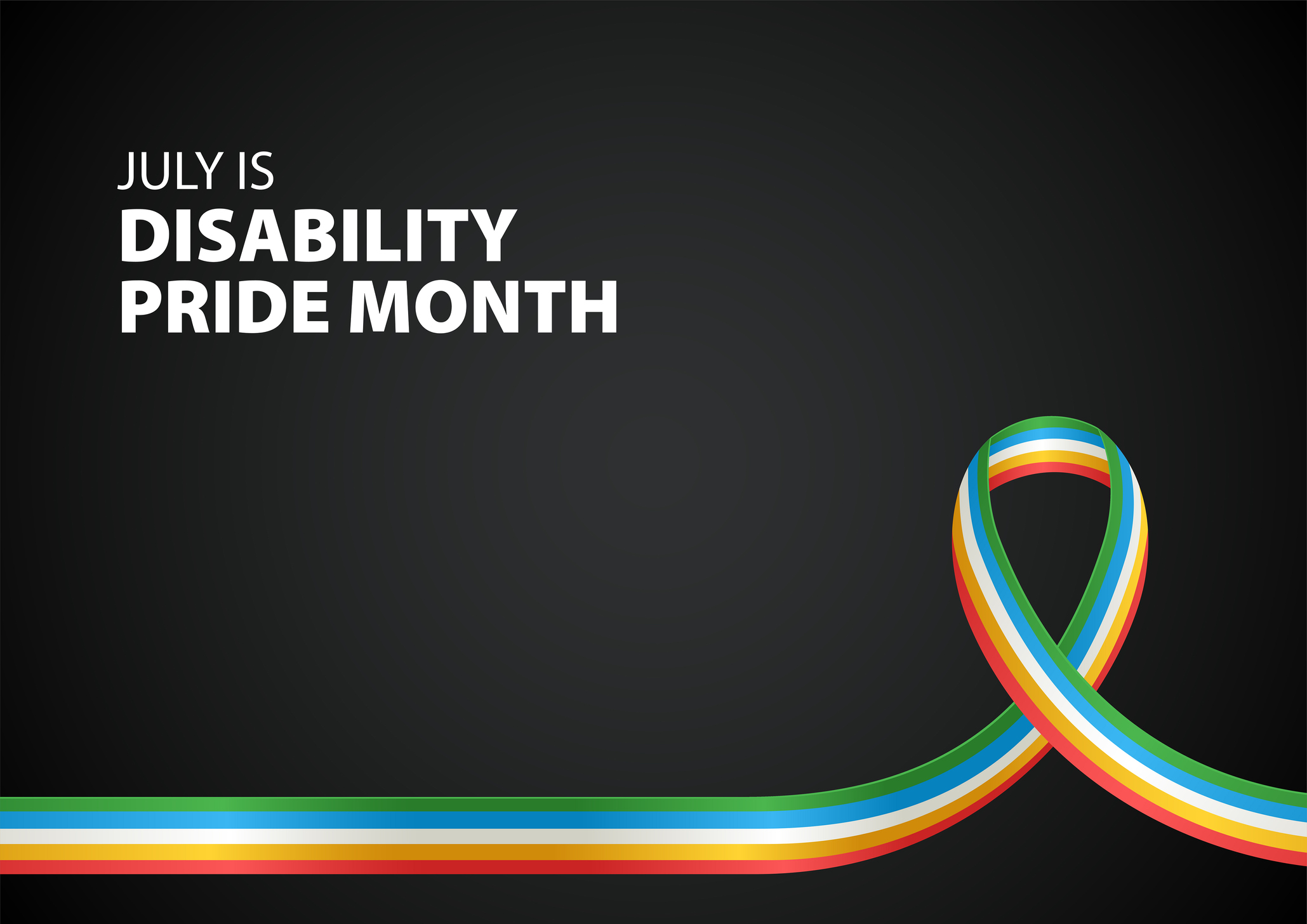
This past July marked the 35th anniversary of the passing of the Americans with Disabilities Act in 1990 and subsequent Disability Pride Month. During this month, the disability community celebrates Disabled identity and continues the fight against ableism (discrimination against Disabled people).
This battle is increasingly crucial in a world of acute disability social welfare cuts (such as the National Disability Insurance Scheme (NDIS) in Australia) and alarming eugenicist rhetoric (such as RFK Jr’s remarks about Autistic people and associated anti-vaccine fearmongering in America).
Disability Pride is also important for spreading awareness and, frankly, reminding people we exist; despite representing 25% of the global population by some estimates, Disabled people are an often forgotten or ignored marginalised group, including in progressive/leftist circles. By leaving out Disabled people, particularly in terms of considering accessibility, they are leaving out a large and important portion of their communities, including people who are Disabled and are members of another marginalised group.
But, despite everything, I am proud to be Disabled, and I am proud of my community. I am proud every month, not just in July.
Despite the NDIS and equivalents around the world being what I will diplomatically call imperfect (while acknowledging that them existing in any form is phenomenal), and despite various politicians and other public figures saying some horrific things about groups of Disabled people (which is not just an issue with Americans nor conservatives… does anyone remember the Albo’s Tourette’s incident?), and despite it feeling like our advocacy is screaming into the void sometimes because disability is often not part of wider conversations when it should be, I would not change a thing about myself.
My disabilities can absolutely be disabling and make life harder in some ways and are sometimes unpleasant and all of that. But they also make me who I am.
In a world where organisations and individuals are constantly pursuing cures (a common target is Autism, which has no cure, so what is actually being pursued is eugenics. This is the case with many ‘cures’), openly rejecting that and telling society to accept and accommodate us instead is radical. That is why Disability Pride matters; we are defying common abled expectations that we must not like ourselves because we are the way we are.
There is some nuance here, of course. There are Disabled people who want to be cured for various reasons. There are people who would take an Autism cure if it existed, for example. They are valid and also part of our community.
I don’t want to make sweeping statements; our community is not a monolith and has as diverse opinions as our various disabilities. Not everyone loves being Disabled all the time. I don’t always, necessarily.
But I am proud of who I am. I treasure my community, including the great work we do at the Disability Collective and the wonderful friends I have made by being part of it. I will continue to make my university assignments about disability where I can because I am passionate about advocacy in the space. I would not be the same person I am if I was not Disabled, and I like who I am now.
I mark each July, both to celebrate how far we have come and who we are, and to acknowledge how far we have to go. That’s why Disability Pride Month matters to me.
By Lloyd
Views: 391
